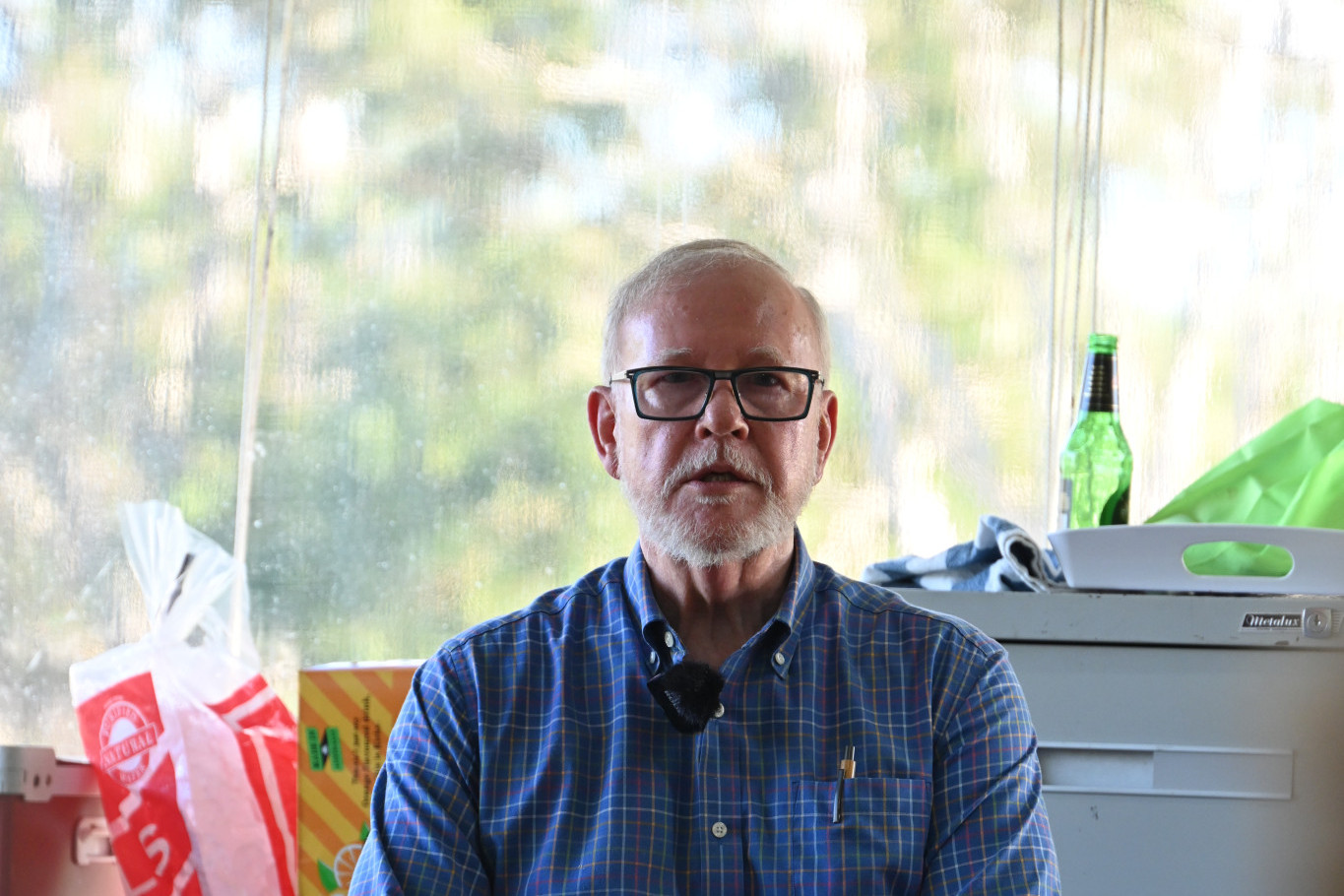News
9 April, 2025
Locum relief for Kilcoy
KILCOY Hospital has employed a locum doctor following reporting from The Sentinel that on-site after hours and weekend services had been axed.

Following coverage of extensive concerns expressed by residents, Somerset Council, and current and former medical staff, a spokesperson for Metro North Health said they have now employed a locum doctor, while recruiting efforts continued for more doctors.
“We understand the importance of Kilcoy Hospital to the local community and have been working hard to recruit more doctors to the hospital,” the spokesperson said.
“Like other rural hospitals in Queensland, Kilcoy Hospital is impacted by sector-wide workforce shortages.
“Metro North Health will continue our efforts to recruit more doctors.”
Recently, retired Kilcoy GP of 45 years and a founding Fellow of the Australian College of Rural and Remote Medicine (ACRRM), Dr Tom Doolan, called the lack of doctors at the hospital “unacceptable”, as Kilcoy is dealing with a growing population, with 20,000 to 25,000 people being in or driving through the area during holiday seasons.
“The interest of our community has been ignored. Our hospital ward has now become a rehabilitation centre for metropolitan patients,” he said.
“We have been cannibalised by other hospitals with the interests of our community and our patients are obviously nowhere near as important as metropolitan people.”
According to Dr Doolan, there are three main obstacles in acquiring medical staff for rural communities:
lack of proper training for all doctors to know how to work in rural clinics and hospitals;
lack of adequate remuneration to encourage doctors to make the move;
lack of appropriate service models, which need to be a collaboration between the public and private sector.
“They keep saying there are not enough doctors to come out here, but we had two positions open in our practice and we had 23 applications for those two positions,” he said.
“The interest is there, but what we are dealing with is a failed and very dangerous service model.”
The Federal Government is partnering with state and territory governments on Single Employer Model (SEM) trials that are aimed at attracting more junior doctors to consider a career in general practice, particularly in regional and rural areas.
SEM trials support GP and rural generalist trainees to continue to access their leave and salary entitlements accrued during their prevocational training, by allowing the State to continue as their employer throughout vocational GP training.
The Federal Government funds a range of targeted programs to provide incentives for doctors to move to, and remain working in, areas of workforce shortage in Australia.
These programs also aim to support health professionals and practices to recruit, retain, and upskill staff.
Information on incentives and support available to practices and doctors may be found at www.health.gov.au/resources/collections/incentives-and-support-for-gps-and-general-practices-in-mmlocations.
The Government’s Workforce Incentive Program (WIP) supports access to health care in rural and remote communities, with additional funding provided to GPs, Rural Generalists and practices in MM3-7 areas.
In Cloncurry, which is classified as a remote (MM6) area, GP practices can receive up to $215,280 per year in WIP payments, while GPs can receive up to $60,000 per year in WIP payments.

